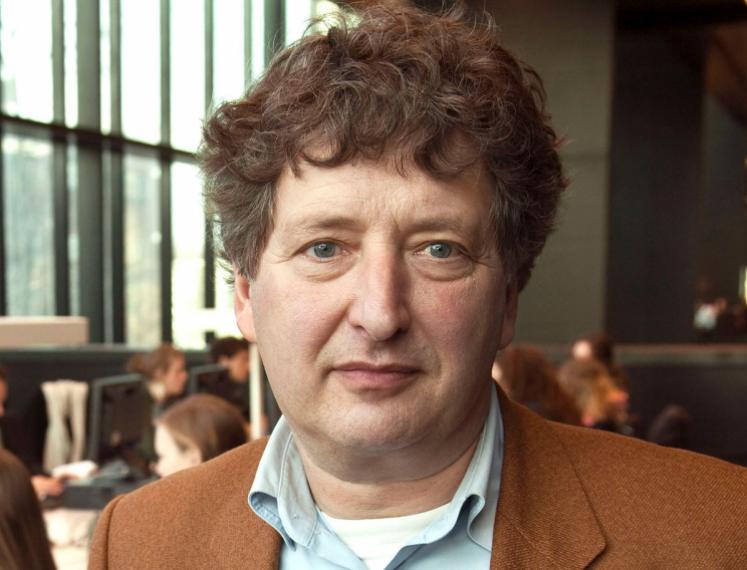President of Finland Tarja Halonen
Finland is one of the leading knowledge economies of the world. The Finnish experience in the 1990s represents one of the few examples of how knowledge can become the driving force in economic growth and transformation. In less than a decade the country became the most ICT (Information and Communication Technology) specialized economy in the world. This achievement is all the more remarkable considering the deep recession it experienced in the early nineties, with a major banking crisis that led to rapid worsening of public finances and unemployment. What are the secrets of the Finnish Success?
Education and innovation are the keys of this successful model. In the 1990s, enrolments in universities and other higher education rose significantly, and today younger generations in Finland are among the highest educated. The country also showed extraordinary dynamics and high social cohesion.
The Finnish experience shows that it is possible to make significant structural changes in a relatively short time. It also shows that long-term decisions that shape research and education are possible and can provide innovation and a sustainable, competitive economy.
Ms Tarja Halonen has been asked by the Board of the University of Groningen to give a lecture on education, innovation and economy. She will give a short lecture, followed by a discussion with the audience. President Halonen is visiting Groningen to perform the official opening of the exhibition ‘Akseli Gallen-Kallela (1865-1931). The Spirit of Finland’, in the Groninger Museum.
Tarja Kaarina Halonen (1943) is the eleventh President of Finland and the first woman to holds this office. Halonen holds a master of law degree from the University of Helsinki. She began her professional life with the National Union of Finnish Students and then served as a lawyer with the Central Organisation of Finnish Trade Unions in 1970. After joining the Social Democratic Party in 1971, she was appointed parliamentary secretary to the Prime Minister three years later. In 1979 she was first elected for the parliament, where she held her seat for five consecutive terms. She served as Minister of Social Affairs and Health (1987-1990), Minister of Justice (1990-1991) and Minister of Foreign Affairs (1995-2000). She assumed the presidency in 2000 and was re-elected for another period in 2006.



